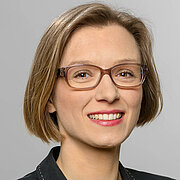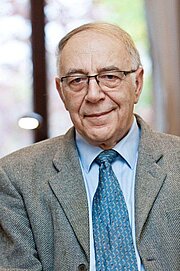The epistemic division of labor in markets: Hayek, global trade, and the preconditions of responsible agency
F.A. Hayek famously argued that the price mechanism allows markets to process “knowledge in society” in a decentralised way - more efficiently than centralised economic planning. Yet this model ignores other ways of processing knowledge, such as social mechanisms or other institutions that provide and manage specific forms of knowledge. These form an “epistemic infrastructure” for markets. In global trade, however, such mechanisms are patchy. For example, consumers know little about the circumstances under which an item of clothing has been produced – unless sweatshop workers manage to smuggle notes to buyers, as in a few spectacular cases.
What are the preconditions for responsible agency in markets? In trade, price signals alone often fail to fulfil these conditions. Rather than unrealistically putting the onus on individuals, institutional or at least proto-institutional solutions are needed. New technologies might help improve the epistemic infrastructure of global markets, but legal obstacles can be a hindrance when knowledge is treated not as a precondition of responsible agency, but as a tradeable good with exclusive property rights. In this talk, Lisa Herzog argues that this situation raises questions about the preconditions for responsible agency, both in an instrumental and in a moral sense.

Lisa Herzog is Professor of Political Philosophy and Theory at the Hochschule für Politik / Technische Universität München and currently a fellow at the Wissenschaftskolleg zu Berlin. Her work focusses on the intersection of political philosophy and economics, currently focussing on questions around knowledge and responsibility in complex societies. Her latest book Reclaiming the System. Moral Responsibility, Divided Labour, and the Role of Organizations in Society will be published by Oxford University Press in October 2018.
Chair

Christian Joerges is Professor of Law and Society at the Hertie School. His research focuses on economic ordering through law at the national level and on European integration and globalisation. His current projects include the European crisis and transnational trade governance. He is also a Co-Director of the Centre of European Law and Politics at the University of Bremen. Until 2007, he held the Chair for European Economic Law at the European University Institute Florence.

